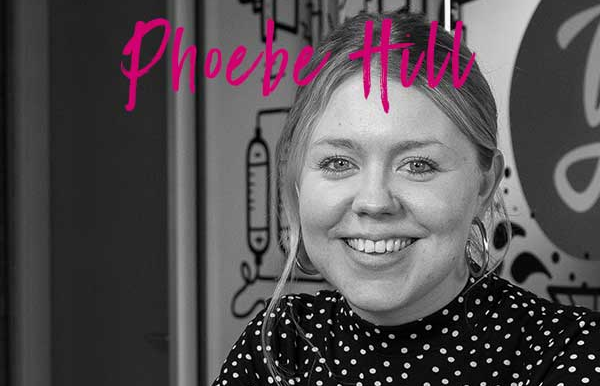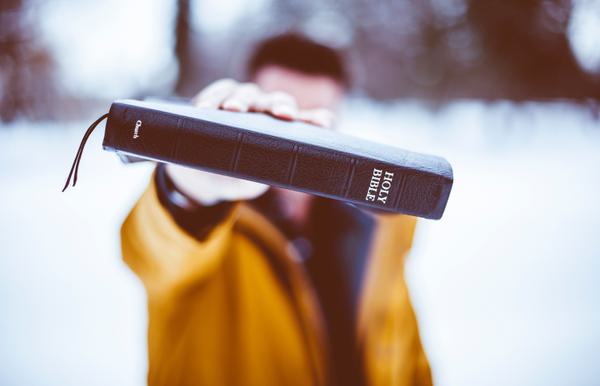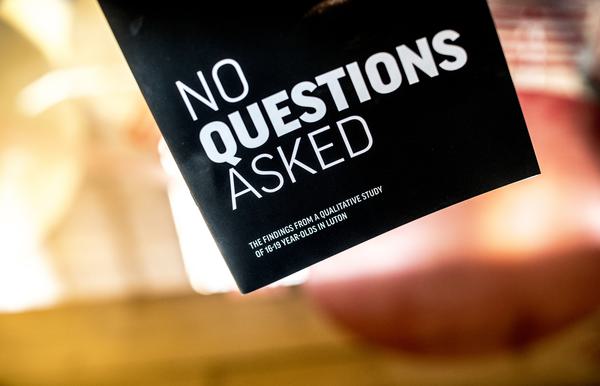In-depth interviews with 16 young people revealed very little curiosity about religion, faith and God, as well as important clues as to why that might be.
A few years ago the schools work team at Youthscape wanted to know what big questions young people had about religion, faith and God. They wondered whether young people were asking the kinds of questions answered by traditional apologetics, and if not, what questions they were asking? The Centre for Research was commissioned to undertake some qualitative research that could inform their work.
The study consisted of hour-long interviews with sixteen 16-19 year-olds in two Luton schools during 2016. The young people were given 15 cards and were asked to rank them in order of importance: popularity, appearance, relationships, sport, success, money, intelligence, education, job, spirituality, faith, friends, health, happiness, family. They were then presented with four question cards about the themes of God, religion, spirituality and hopes and dreams.
- What does the word ‘religion make you think of?
- What do you think about the idea that God, or gods, exist?
- Have you ever had a moment in your life which you would describe as spiritual?
- Could you describe some of your hopes and dreams for the future?
They selected questions to answer in whatever order they liked, before the interviewer asked whether they had any other ‘big’ questions, like the ones they had been asked. Finally the young people were asked ‘On a scale of 0-10, 0 being never at all and 10 being all the time, how often do you think about these topics and questions?’
This was a small-scale qualitative study in one location, so the results should not be generalised to wider groups of young people. However, there was some natural diversity within the group, with six describing themselves as Christian (including Catholic, Evangelical, Pentecostal), three describing themselves as Muslim, and seven as having no religion. The study included nine females and seven males.

BURIED SPIRITUALITY
There has been very little research carried out on ‘apologetic’ style questions, young people and faith. However, previous research has revealed that young people are generally not deliberately engaged in exploring questions about transcendence - despite their natural capacity for wonder and meaning-making. Instead, what is sacred for them is the pursuit of happiness for self, family and friends (Collins-Mayo et al., 2010). Religion has low salience for young people (Day, 2006) or only exists in the background of their lives (Smith and Denton, 2005). This is accompanied by shifts in the nature of religious or spiritual beliefs, which are becoming more general, more fuzzy and less likely to be expressed as propositional truth (Savage et al., 2006; Day, 2009; Francis, 2010). Taken together this evidence suggests that young people are not ‘spiritual seekers’, and that their own spirituality could be described as ‘buried’ (Rankin, 2011).
No Questions Asked confirmed many of these findings. The group initially presented with very few questions about religion, faith and God, despite over half of them identifying as either Christian or Muslim. The researchers employed a range of approaches to explore spiritual or religious questions and found that such questions were not easily accessible or ‘close to the surface’ of the conversation. To follow the archeology metaphor, the interview became a tool to excavate experiences or thoughts that, in some cases, became questions in the course of the conversation. In the example below, one young woman initially suggests she has never considered God at all, but a short while later is clearly beginning to do so.
Brook: [Reading the card: What do you think about the idea that God or gods exist?] I don’t think anything, I just don’t believe in God. Never thought about that.
[Later in the interview]
Brook: I know that there may be a God. I mean, look at this planet, it’s beautiful. Like who created that? Maybe created of science, but still. I believe in science, but religion as well a bit, just a bit. Yeah.
It appeared that many of the interviewees had never been asked about spiritual or religious questions and valued the opportunity to reflect on and share their thoughts. Open, non-judgmental and genuinely inquisitive contexts like an interview can therefore be important contexts for questions to develop, let alone be fully articulated.
When questions were presented, they were categorized thematically into ‘life after death’, ‘evil and suffering’, ‘God’, ‘purpose’ and ‘other’ in order of how often this theme emerged. Although questions were relatively few it is interesting to note that many did relate to familiar topics for Christian apologetics – particularly around evil and suffering.
DEATH, PRAYER AND A HIGHER POWER
Despite displaying little curiosity about God, faith or religion, the young people we interviewed had fairly nuanced views – seeing religion as a positive force that could be misrepresented by individuals. Mirroring earlier research about ‘fuzzy’ faith, all those interviewed shared a belief in some kind of higher power even when they did not describe themselves as being religious. And nearly all (14/16) had experiences of prayer - often in moments of crisis.

"When it happens, you think, 'Oh my God, is she just gone? Is there anything?', you know.”
All 16 young people talked about death spontaneously within the interview. In these instances, the death of a loved one was a moment to turn to God in prayer, to question the existence of God, or to question the existence of an afterlife. As one young person said “When I lost my Nan…I was scared at the thought she was going up there to nothing, so it was a really weird thing for me because as much as I hadn't thought about it very much before, when it happens, you think, "Oh my God, is she just gone? Is there anything", you know.”
WHY THE APPARENT LACK OF CURIOSITY?
We found some clues in the interview data that might help us understand why spiritual or religious questions were not generally forthcoming amongst this group.
- Questioning is disrespectful
It was particularly interesting to find a lack of questioning among some of the religious young people in our sample. Some appeared to see questioning as disrespectful or offensive to those with different beliefs, or as a sign that they lacked faith.
“I wouldn't really talk about it publicly or even privately, it's just something for me to figure out, something for me to, you know, accomplish later.” (Ammir)
“Okay if you're a strong believer, you wouldn't question if you know the answers, because you're a strong believer” (Shahid)
- We’re all the same
The assertion from some young people that ‘we’re all the same’ shoed the value they place on equality and acceptance. Tolerance and respect relied on minimising the ways that religious beliefs might differ between groups, and questions seemed to be incompatible with young people’s desire to accept people from different backgrounds.
“I don't mind, like, I just feel like everyone is the same. It doesn't matter what God you believe in. We're all the same, we're all people.” (Rachel)
- Beliefs are personal
Among the young people we interviewed, religion was seen as private and personal. Therefore spiritual moments were not really reflected on or talked about, because they had to ‘find their own way.’ There was a clear link in the interviews between personal experience and proof of God’s existence, and a sense that unless you experience something yourself, it’s not worth debating or questioning.
- Religion is practical, not abstract
When talking about religion and belief, some young people had questions about ritualistic or practical expressions of faith, for example curiosity about fasting during Ramadan. For some interviewees these visible practices were seen as evidence of true faith and accompanied some discomfort around employing the propositional statements from religious traditions.
Shahid: Well in my religion like, obviously it does say um that everyone does have to turn to - obviously our religion and stuff, but - like I don't know how to explain it 'cause I don't want to say nothing wrong if you know what I mean. So what?
The study was small-scale and therefore limited in how much it can tell us. However, it confirms much of what previous research has said, and therefore we can have some confidence that it is tapping into wider trends and shifts in young people’s relationship to religion and spirituality. There are implications here for those supporting young people to consider Christian faith that we consider more fully in the report.
- If spiritual curiosity is not present, it needs to be fostered. How do we do that?
- How do we create spaces that allow young people’s experiences and questions about death, grief and suffering to be given voice?
- What does it look like to help young people value diversity and differences of opinion?
The report has provokes deep and important questions for how the church listens and talk with young people about faith, God and religion. If you would like to read the No Questions Asked research in full, you can download the report for free or purchase a printed copy from the Youthscape Store.





